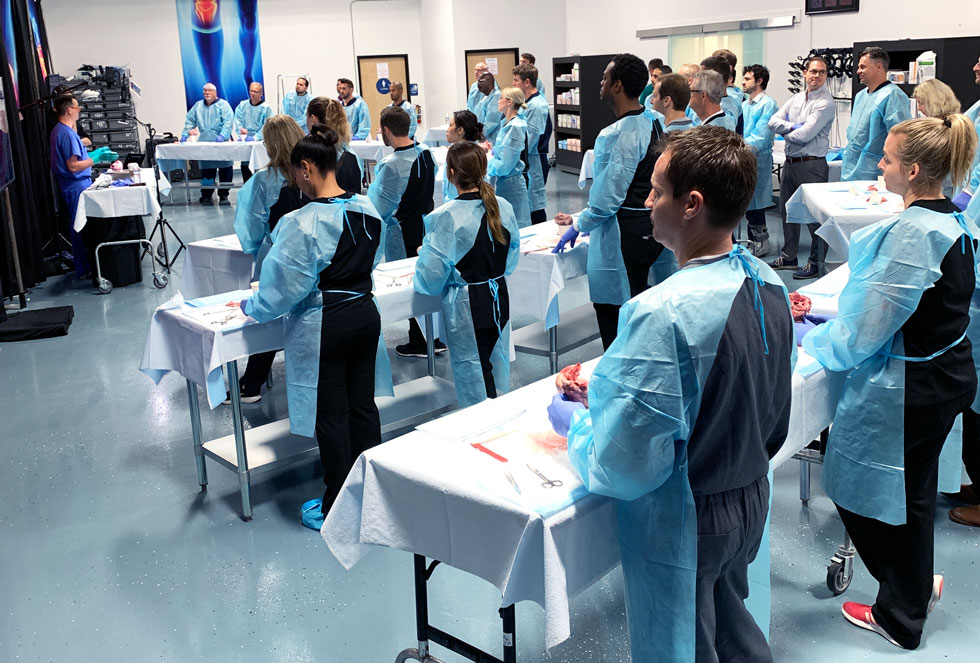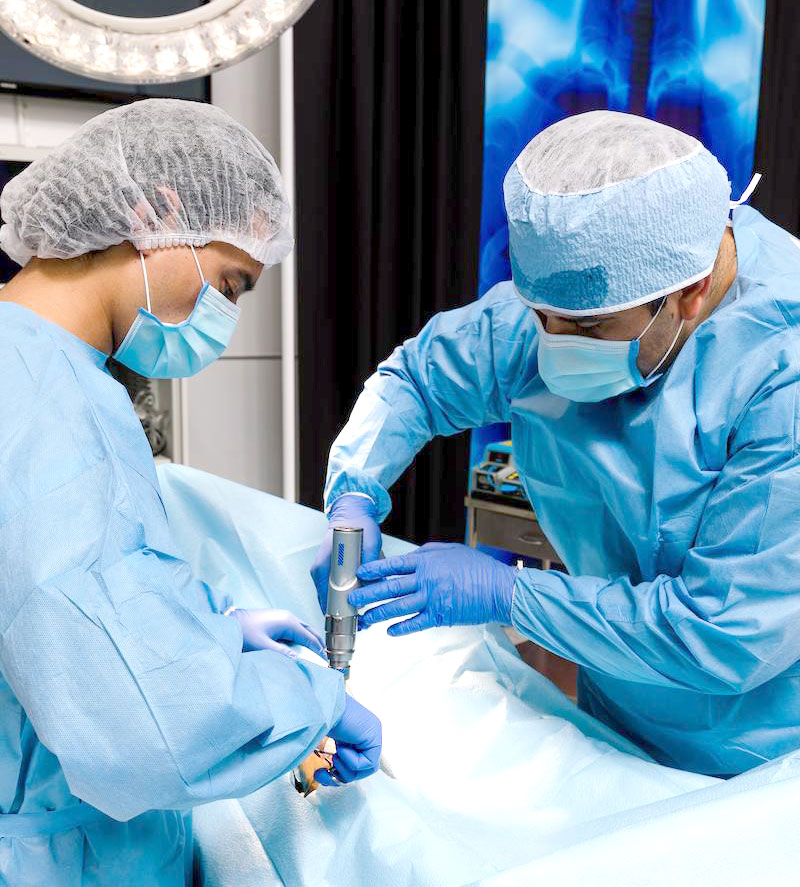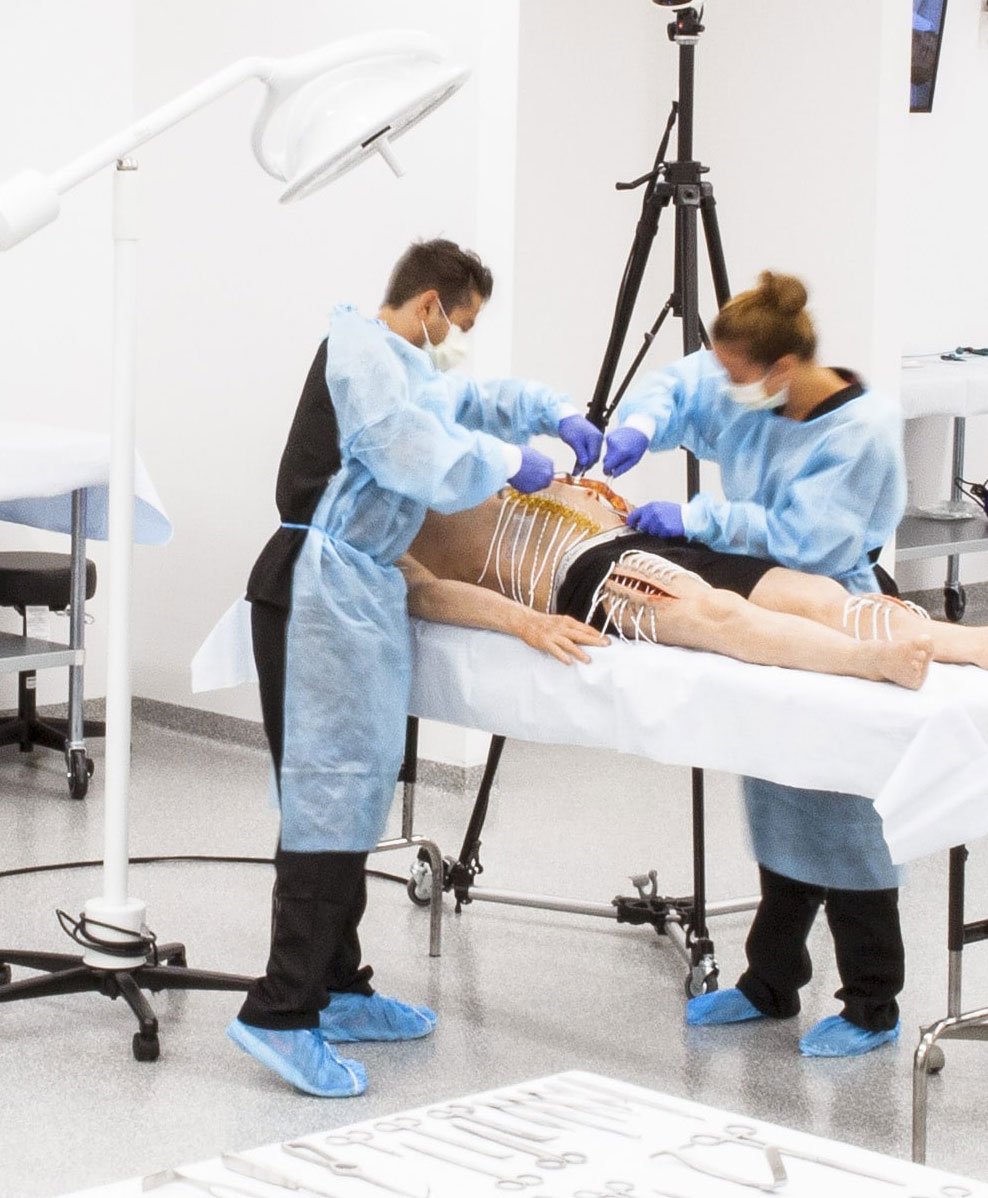The Importance of Surgical Training: Elevating Healthcare Through Innovation and Hands-On Experience
The Importance of Surgical Training: Elevating Healthcare Through Innovation and Hands-On Experience

In today’s rapidly evolving medical landscape, the importance of surgical training has never been greater. As new technologies and innovative surgical techniques emerge, it becomes essential to place these advancements into the capable hands of new and practicing surgeons. This not only enhances individual skill sets but also improves surgical outcomes, raises standards of care, and drives the healthcare industry forward.
Why Advanced Surgical Training Matters
The transition from medical school to the operating room is a critical leap for any surgeon. While foundational knowledge and simulations provide a starting point, hands-on surgical training in bioskills labs is what bridges the gap between theory and real-world practice. These labs allow surgeons to:
- Practice using state-of-the-art surgical equipment
- Master minimally invasive techniques and robotic-assisted surgery
- Receive feedback in a controlled, low-risk environment with global interactive audio visual capabilities
- Improve dexterity, precision, and confidence with advanced lab capabilities
Without dedicated training environments, these essential skills are slower to develop, potentially impacting patient safety and procedural success.
Cadaver Labs: Where Technique Meets Realism
One of the most effective tools in modern surgical training is the cadaver lab, where surgeons can experience lifelike anatomical conditions. Unlike synthetic models or VR simulators, perfusion services and cadaver-based surgical training offers tactile feedback and anatomical variations that are critical for developing nuanced skills.
This exposure is particularly important when learning:
- New orthopedic implant techniques
- Spinal instrumentation procedures
- Advanced laparoscopic and endoscopic surgeries
By practicing in cadaver labs, surgeons can refine their techniques before performing them on live patients, significantly reducing the risk of complications. Learn about The History and Ethics of Cadaver Use in Medical Education.

Accelerating the Adoption of Medical Technology
The healthcare industry is constantly innovating—robotic systems, AI-assisted diagnostics, and smart surgical tools are becoming the norm. However, their benefits are only realized when surgeons are trained to use them effectively.
Investing in surgeon education on new medical technology not only increases the utilization of these tools but also speeds up the development of best practices. This leads to:
- Faster patient recovery times
- Reduced surgical errors
- Lower healthcare costs
- Better long-term outcomes
When surgeons stay at the forefront of medical advancements, the entire healthcare ecosystem benefits.
Elevating Standards and Patient Outcomes
Ongoing surgical education doesn’t just help individual surgeons—it sets a higher bar across the board. As techniques improve and become more widespread, standard practices evolve, leading to more consistent and better-quality care for all patients.
Hospitals and surgical centers that prioritize ongoing training and innovation are more likely to:
- Attract top surgical talent
- Achieve higher patient satisfaction
- Meet and exceed accreditation standards

Conclusion: Investing in the Future of Surgery
The importance of surgical training goes far beyond skill acquisition. It’s about building a foundation for better healthcare outcomes, accelerating the adoption of groundbreaking technologies, and ensuring that patients receive the safest and most effective care possible.
For bioskills labs and training institutions, the mission is clear: continue providing high-quality, hands-on surgical training opportunities that empower the next generation of surgeons to lead with confidence, precision, and innovation.
